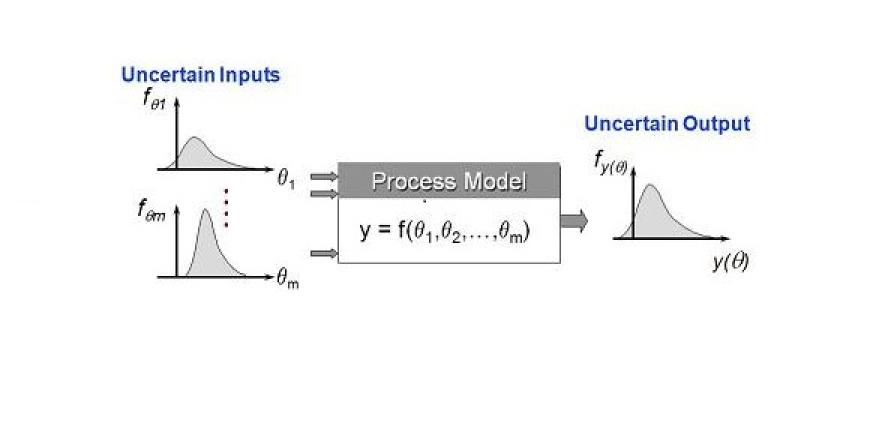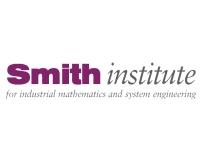
Background
There are a number of recognised problems in the areas of inverse problems and optimisation in uncertainty quantification.
In current decision making, it is usual to update a probabilistic model of the system using a mixture of data assimilation and inverse problems solutions and to then frame a stochastic optimisation problem in order to make decisions as the need arises. Heuristic methods are used for both the data assimilation and for the stochastic optimisation problem. However, stochastic control and sequential decision theories indicate that this process is sub-optimal, but it is far from obvious how to do better. So, can the mathematical sciences provide anything to improve matters?
Within this context, there is recognition of the need to engage more widely across communities and bring together relevant researchers from applied mathematics, statistics and industry practitioners in order that they may work together to solve these problems.
Aims and Objectives
This activity was a partnership of the Smith Institute, International Centre for Mathematical Science (ICMS), Isaac Newton Institute for Mathematical Sciences (INI), the Turing Gateway to Mathematics and the Knowledge Transfer Network.
The workshop covered various topics including:
- Emulation in statistics and surrogate methods in optimisation
- Optimisation for inverse problems and for applications optimisation
- Optimisation and inverse problems theory for uncertainty quantification
- Monte-Carlo ensemble and ensemble variation methods for uncertainty quantification
- System optimisation in the presence of uncertainty
A key aim was to investigate these topics, particularly those affecting the following sectors:
- Precision farming
- Advanced manufacturing (including space and defence)
- Energy and Environment
The workshop provided Industrial representatives with the opportunity to interact with academics in order to identify important areas for future research and teaching.
The workshop took place at ICMS in Edinburgh. Please see the link for more information.



